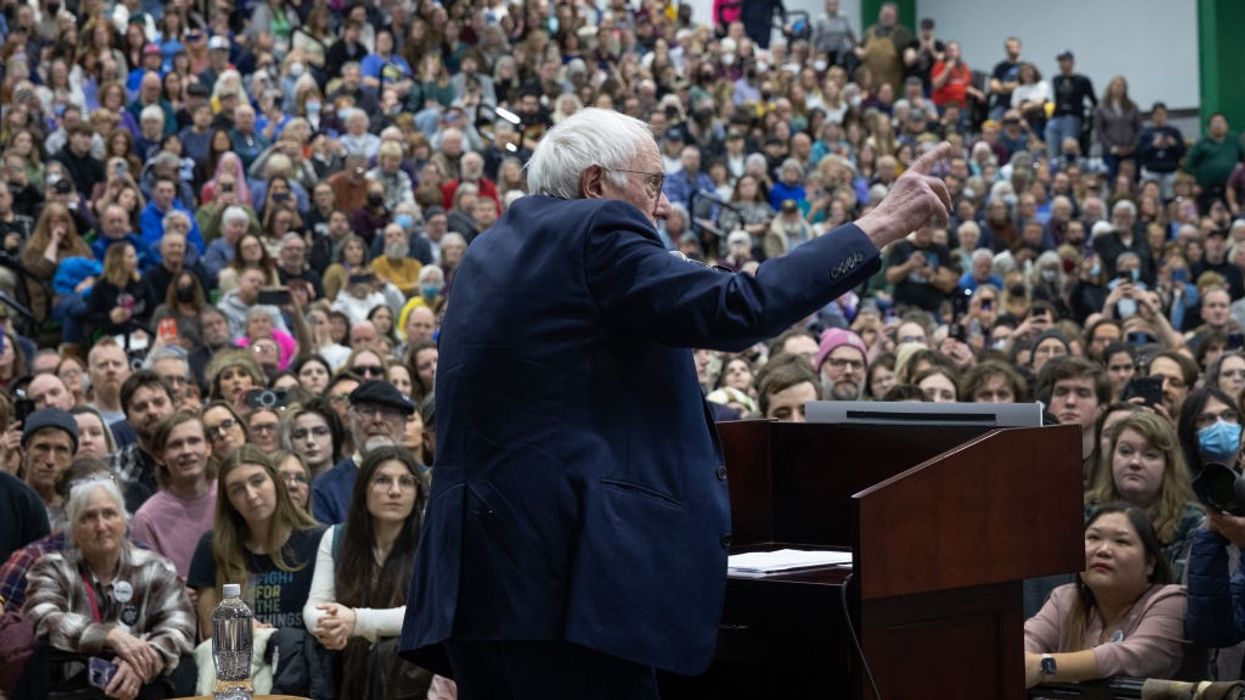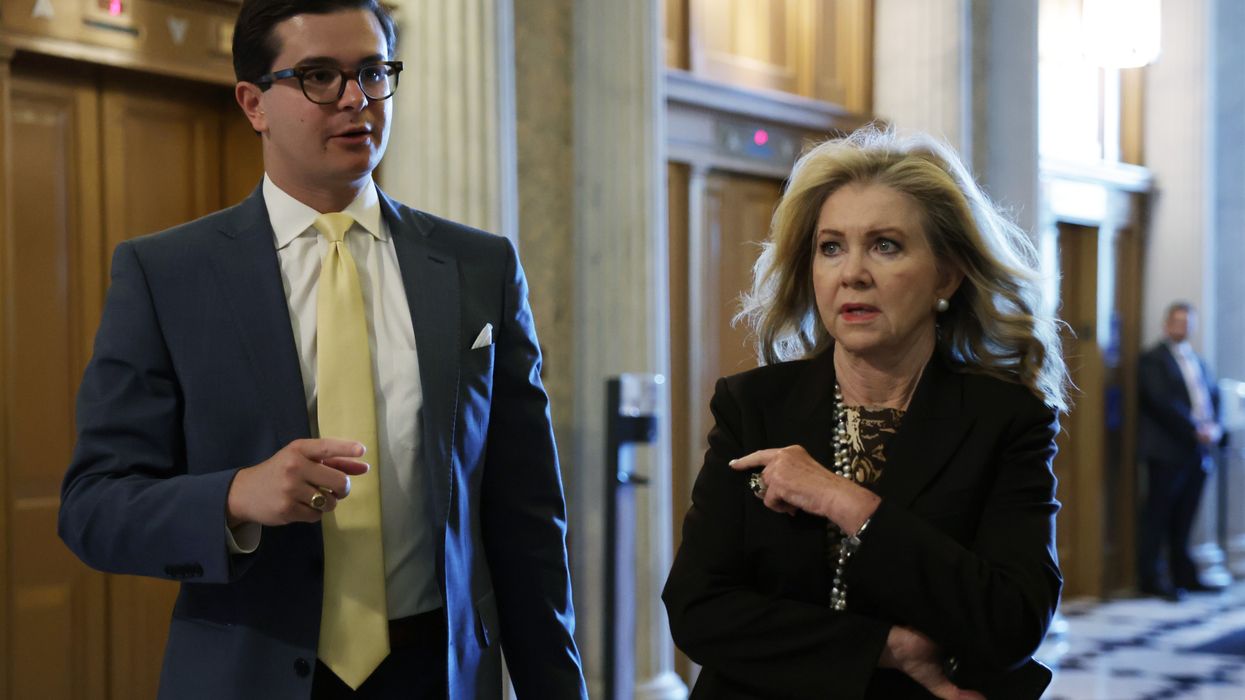Privatization Warnings Flash Red as Senate Republicans Advance Dr. Oz for Medicare Chief
"Given Dr. Oz's history of basically acting as a salesman for Medicare Advantage, putting him in charge of regulating these middlemen would be like letting the fox guard the henhhouse," said one Democratic senator.
The U.S. Senate Finance Committee voted along party lines Tuesday to advance the nomination of Dr. Mehmet Oz, President Donald Trump's nominee to head the Centers for Medicare and Medicaid Services, a move that drew widespread rebuke from consumer advocates and others who pointed to the celebrity surgeon's advocacy for private Medicare Advantage plans and other red flags.
The Finance Committee voted 14-13 to send Oz's nomination to a full Senate vote, with Chair Mike Crapo (R-Idaho) hailing the former television talk show host's "years of experience as an acclaimed physician and public health advocate."
However, Sen. Ron Wyden (D-Ore.), the committee's ranking member, said he voted against Oz, explaining that the nominee "was given the chance to assure the American people that he would not be a rubber stamp for Republicans' plans to gut Medicaid" and raise Affordable Care Act premiums, but "at every turn, he failed the test."
"No senator should be fooled by the snake oil Oz is selling."
Wyden said he is "deeply concerned about Dr. Oz's history marketing Medicare Advantage plans," which, as frequent Common Dreams opinion contributor Thom Hartmann explained, are not part of Medicare but are a private health insurance "scam" created by a Republican-controlled Congress and signed into law by then-President George W. Bush "as a way of routing hundreds of billions of taxpayer dollars into the pockets of for-profit insurance companies.
Wyden added, "Given Dr. Oz's history of basically acting as a salesman for Medicare Advantage, putting him in charge of regulating these middlemen would be like letting the fox guard the henhouse."
Last December, the watchdog Accountable.US revealed that Oz had invested as much as $56 million in three companies with wdirect CMS interests. In 2022, Oz's single biggest healthcare holding was up to $26 million in Sharecare, a digital health company he co-founded, and which became the exclusive in-home supplemental care program for 1.5 million Medicare Advantage customers. Nick Clemens, Oz's spokesperson on the Trump transition team, told USA TODAY last December that Oz sold his stake in Sharecare.
These and other apparent conflicts of interest prompted denunciations from progressive groups and Democratic lawmakers including Sen. Elizabeth Warren (D-Mass.), who also called attention to Oz's promotion of "quack treatments and cures in the interest of personal financial gain."
Robert Weissman, co-president of the consumer advocacy group Public Citizen, said Tuesday: "Mehmet Oz is fundamentally unqualified for the position of administrator of the Centers for Medicare and Medicaid Services and should never have been nominated for the position based on his conflicts of interest alone. The Senate Finance Committee should have unanimously rejected his confirmation."
Weissman continued:
Under Oz's watch, could strip crucial healthcare services through Medicare, Medicaid, and the Affordable Care Act could be stripped from hundreds of millions of Americans. As he showed in his confirmation hearing, Oz would seek to further privatize Medicare, threatening access to care for tens of millions of Americans. Privatized Medicare Advantage plans deliver inferior care and cost taxpayers nearly $100 billion annually in excess costs.
He also refused to commit to push back on efforts to slash Medicaid, which would harm access to care for millions—especially the poor and vulnerable—just so Trump and [and his adviser Elon] Musk can give tax breaks to their billionaire buddies.
"We need a CMS administrator who believes in the importance of protecting crucial health programs like Medicare and Medicaid hand would put patients ahead of corporate profits," Weissman added. "We can only hope that sanity prevails when Oz comes for a vote before the full Senate. No senator should be fooled by the snake oil Oz is selling."
Tuesday's vote came as congressional Republicans seek to
slash $880 billion from programs overseen by the House Energy and Commerce Committee—which include Medicaid—in order to help pay for Trump's $4.5 trillion tax cut, which experts say would overwhelmingly benefit the ultrawealthy and corporations.


